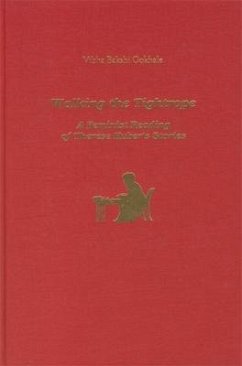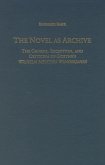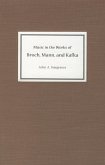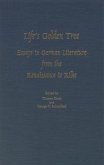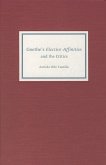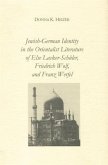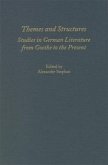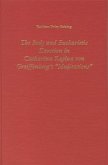Short description/annotation
Feminist account of the chief writings of Therese Huber, the important 19th-c. German author.
Main description
The German writer Therese Huber (1764-1829) lived at a time when women's activity outside the home was widely condemned, but the need to support themselves and their families forced many female writers to turn towards writing as a means of earning their livelihood. Her prolific career, encompassing novels, short prose narratives and translations from French into German, besides the editing of a newspaper, demonstrates her ability to express herself while conforming to the male literary establishment. This study examines Huber's short prose narratives, showing the influence of various factors on women's writing, and the ways in which female writers incorporated dissent from the conventions into their works without jeopardising their professional and personal lives. Huber's works are both moralising, persuading her readers to become good housewives and mothers, and dissenting, constructing characters who refuse to abide by the norms. The author's feminist analysis of her narratives brings out their subtext of protest, showing how Huber negotiates for women's rights to self-expression.
Hinweis: Dieser Artikel kann nur an eine deutsche Lieferadresse ausgeliefert werden.
Feminist account of the chief writings of Therese Huber, the important 19th-c. German author.
Main description
The German writer Therese Huber (1764-1829) lived at a time when women's activity outside the home was widely condemned, but the need to support themselves and their families forced many female writers to turn towards writing as a means of earning their livelihood. Her prolific career, encompassing novels, short prose narratives and translations from French into German, besides the editing of a newspaper, demonstrates her ability to express herself while conforming to the male literary establishment. This study examines Huber's short prose narratives, showing the influence of various factors on women's writing, and the ways in which female writers incorporated dissent from the conventions into their works without jeopardising their professional and personal lives. Huber's works are both moralising, persuading her readers to become good housewives and mothers, and dissenting, constructing characters who refuse to abide by the norms. The author's feminist analysis of her narratives brings out their subtext of protest, showing how Huber negotiates for women's rights to self-expression.
Hinweis: Dieser Artikel kann nur an eine deutsche Lieferadresse ausgeliefert werden.

